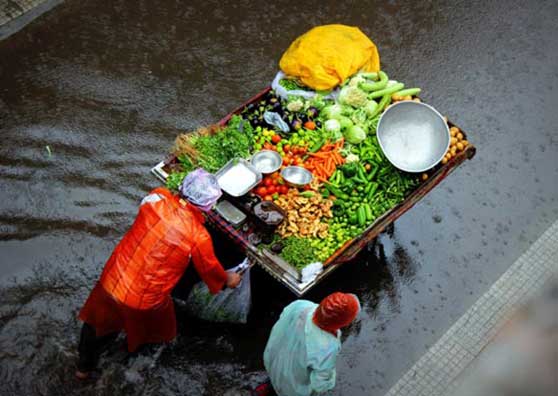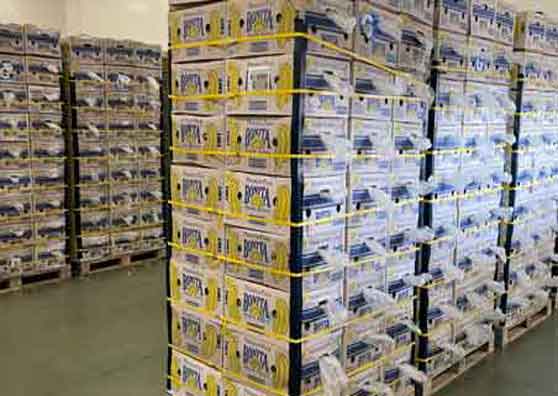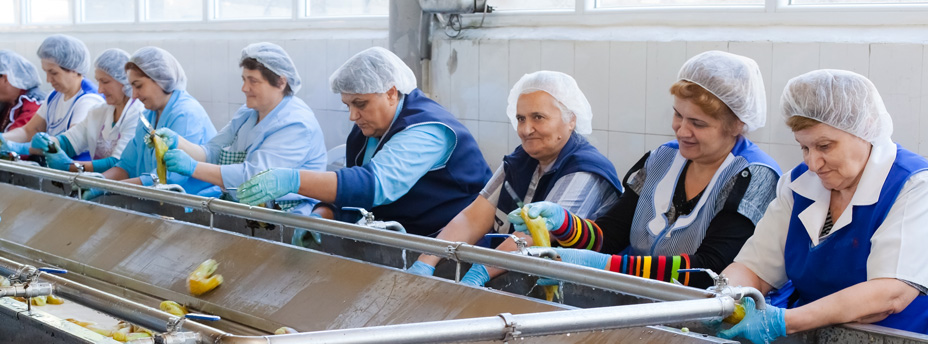
A food safety certification expanded Euroterm’s customer base and made the company more efficient. © Euroterm
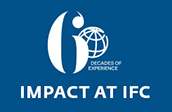 When Vahe Ghazaryan looks at a ripe, plump apricot, he sees more than just a fruit—he sees business possibilities. Ghazaryan is general manager of Euroterm, one of Armenia’s main producers of natural juices and canned vegetables and fruits, selling its products domestically and exporting to other countries.
When Vahe Ghazaryan looks at a ripe, plump apricot, he sees more than just a fruit—he sees business possibilities. Ghazaryan is general manager of Euroterm, one of Armenia’s main producers of natural juices and canned vegetables and fruits, selling its products domestically and exporting to other countries.
The 42-year-old entrepreneur had successfully guided the company his father established in the 1990s through several post-Soviet economic headwinds. Still, Euroterm, like other producers who rely heavily on exports within the region, was hit hard by the 2014 recession in Russia. Sales in that market fell by almost a third.
Ghazaryan felt it was time to look for a shift in the company’s long-term strategy. Euroterm, with annual sales of around $8 million, needed to diversify its export markets and become an attractive partner for retailers in the European Union.
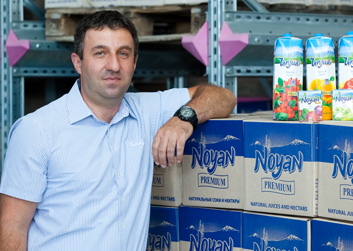
Vahe Ghazaryan felt it was time to diversify export markets.
© Euroterm
With support from the IFC Food Safety Advisory, Euroterm achieved certification of a food safety standard recognized by major multinational retailers and manufacturers (FSSC 22000). That played a decisive role in the company’s resilience. Its Noyan-brand products can now compete for consumers across Europe and North Africa, where expectations for food quality and safety are high.
“We found that having high-quality produce wasn’t enough,” Ghazaryan explains, looking back on the initial idea to pursue the food safety standard. “Holding a certification acknowledged by the majority of international players is crucial to accessing the European Union,” he says.
A Strategy for Efficiency
Euroterm’s food safety certification has not only allowed the company to expand its customer base, but the process has also made the company more efficient. Since certification, Euroterm has reduced the cost of defective products by more than 40 percent and the cost of waste management by 15 percent. This has been an especially welcome by-product of the work with IFC.
“Efficiency is key to successful business,” says Ghazaryan. A programmer by education, he is constantly looking for ways to reduce costs and optimize production processes to drive growth and increase exports. He believes that improvements introduced with IFC’s help contributed to more efficient production by engaging all employees, not only the leader, and making them responsible for business results.
Euroterm’s corporate growth is now steady. The number of employees doubled over the last five years from 180 workers to between 350 and 450, depending on the season. Euroterm’s leadership is also driving higher standards across the country—for example, other companies in Armenia are now pursuing higher food safety standards to keep up with the competition.
A Win for Agribusiness
Euroterm is one of 80 companies in Europe and Central Asia that has benefited from IFC’s advice for improving food safety. Higher food safety standards have helped those companies increase their sales by more than $205 million and attract an estimated $270 million in financing from 2010 to 2015.
IFC’s work in food safety is part of its strategy to develop agribusiness in Europe and Central Asia—where countries have natural resources to become leading producers and exporters of agricultural products—and contribute to greater global food security.
We also work to improve business regulations in the industry, promote access to finance for farmers, modernize agricultural supply chains, and help producers like Euroterm improve competitiveness and enter new markets.
As Euroterm gained access to new markets, new opportunities also emerged in traditional ones. “This certification has been crucial in mitigating the impact of the recession in Russia on our sales. We not only found new customers, but we strengthened relationships with large Russian supermarket networks, which also greatly value food safety,” Ghazaryan says.
To learn more about IFC’s work in agribusiness, visit: www.ifc.org/agribusiness.
Stay connected: #6DecadesOfExperience
Published in October 2016

